THCP Properties, Benefits, Potency, and Effects
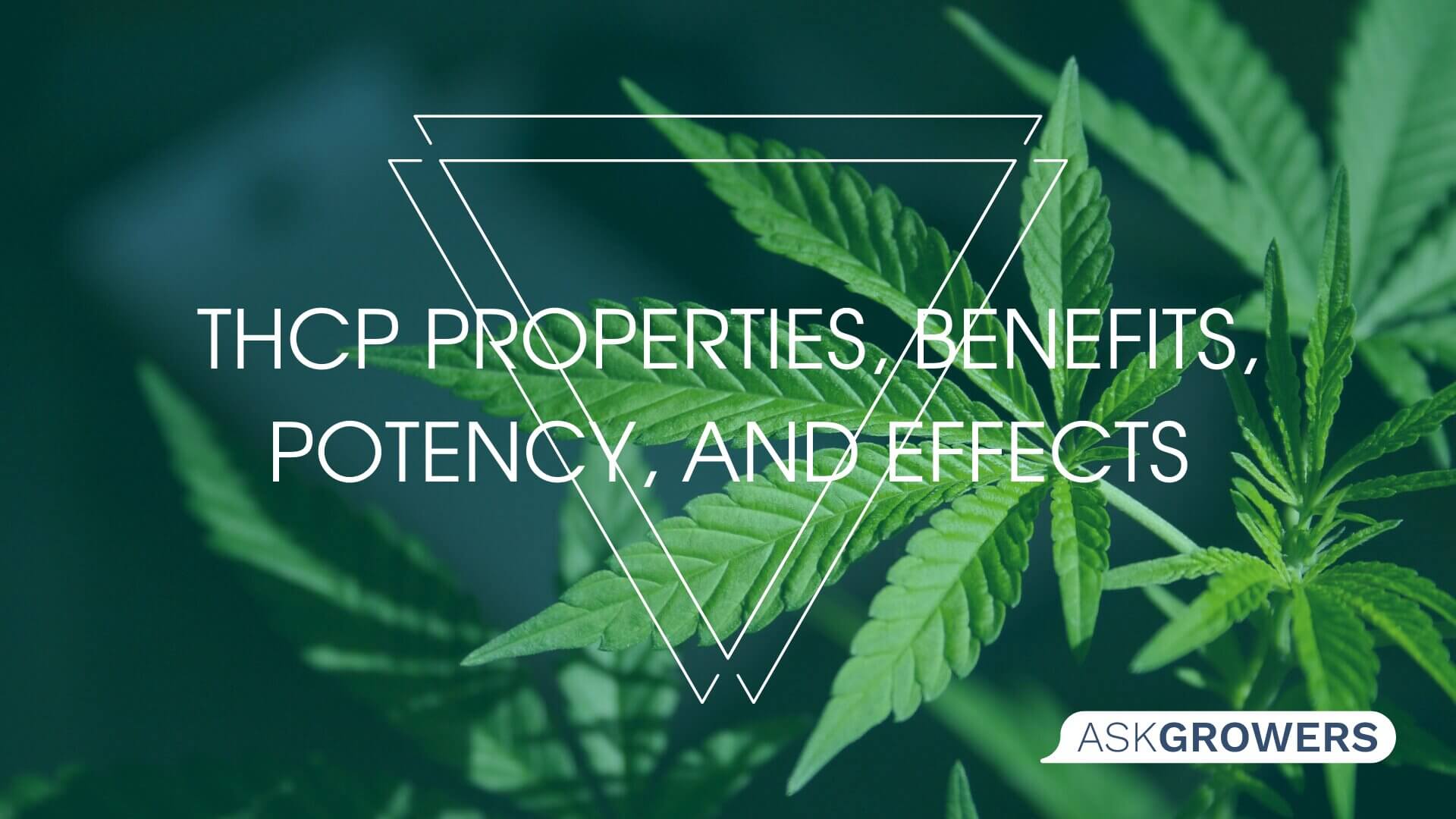
Have you heard of the new cannabinoid THC-P? It's a relatively recent discovery. And while it's not quite ready for prime time yet, there are already plenty of potential uses for this compound. In this THC-P review, you will find some details about what it is, how it works, and why it could help us better understand cannabis' mind-altering effects on our brain.
Read Also: What Are Cannabinoids, Their Types, and Effects?
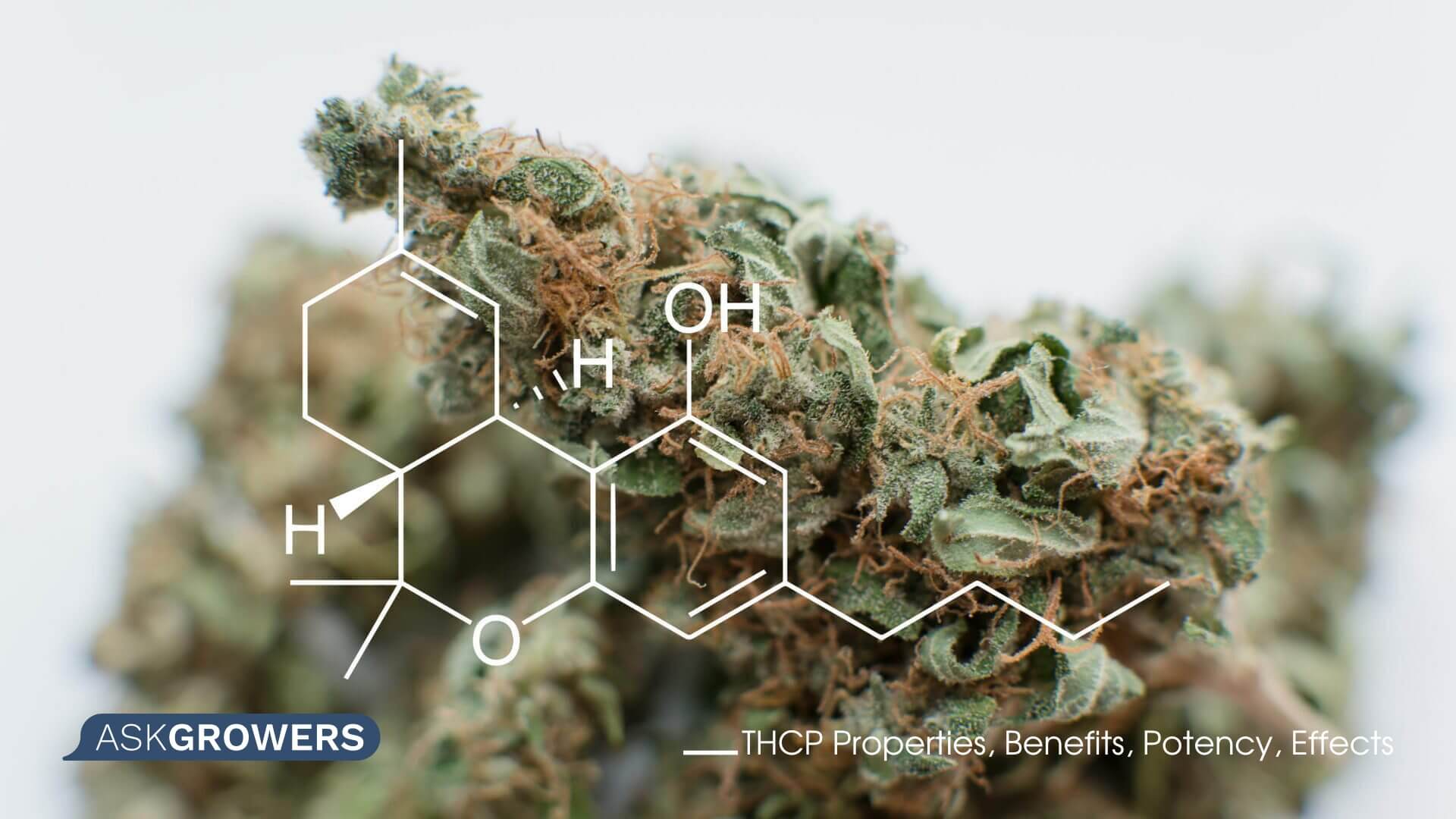
What Is THC-P and How It Was Discovered
Discovered just recently by researchers from Italy's Military Chemical Institute in Florence, THC-P was first confirmed as a brand new cannabinoid in 2019. It was first isolated from cannabis samples collected in Europe and the Middle East. It was brought by accident as a result of the scientists utilizing advanced mass-spectrometry and liquid chromatography technology to analyze a natural cannabis sample.
THCP extraction is done in a lab from industrial hemp with up to 0.3% Delta-9 THC, but it's also available naturally. It can be produced from cannabis flowers that have been heated up to between 185-200 degrees Fahrenheit for 30 minutes in an oven or a slow cooker with low heat — a process known as decarboxylation. The process results in obtaining THC P by the addition of water and gentle heating.
To achieve high-quality extractions, THCP requires a large amount of hemp. That’s why manufacturers add other cannabinoids to products containing THCP. On its own, THC-P can be pricey.
Read Also: THC Isn’t As Important
THC P Medical Properties and Health Benefits
THC-P could provide a more potent form of pain relief than THC, making it an attractive alternative for those seeking medical benefits from marijuana. It has been shown to have some physiological effects that may be beneficial for patients seeking relief from pain and inflammation. It is also effective in dealing with insomnia.
Similar to THC, which is shown in a number of studies, THC-P may inhibit the growth of cancer cells and promote apoptosis (cell death) in those same cells. Because of this property, some doctors recommend combining THC-P with other chemotherapy meds to help treat various cancers more effectively.
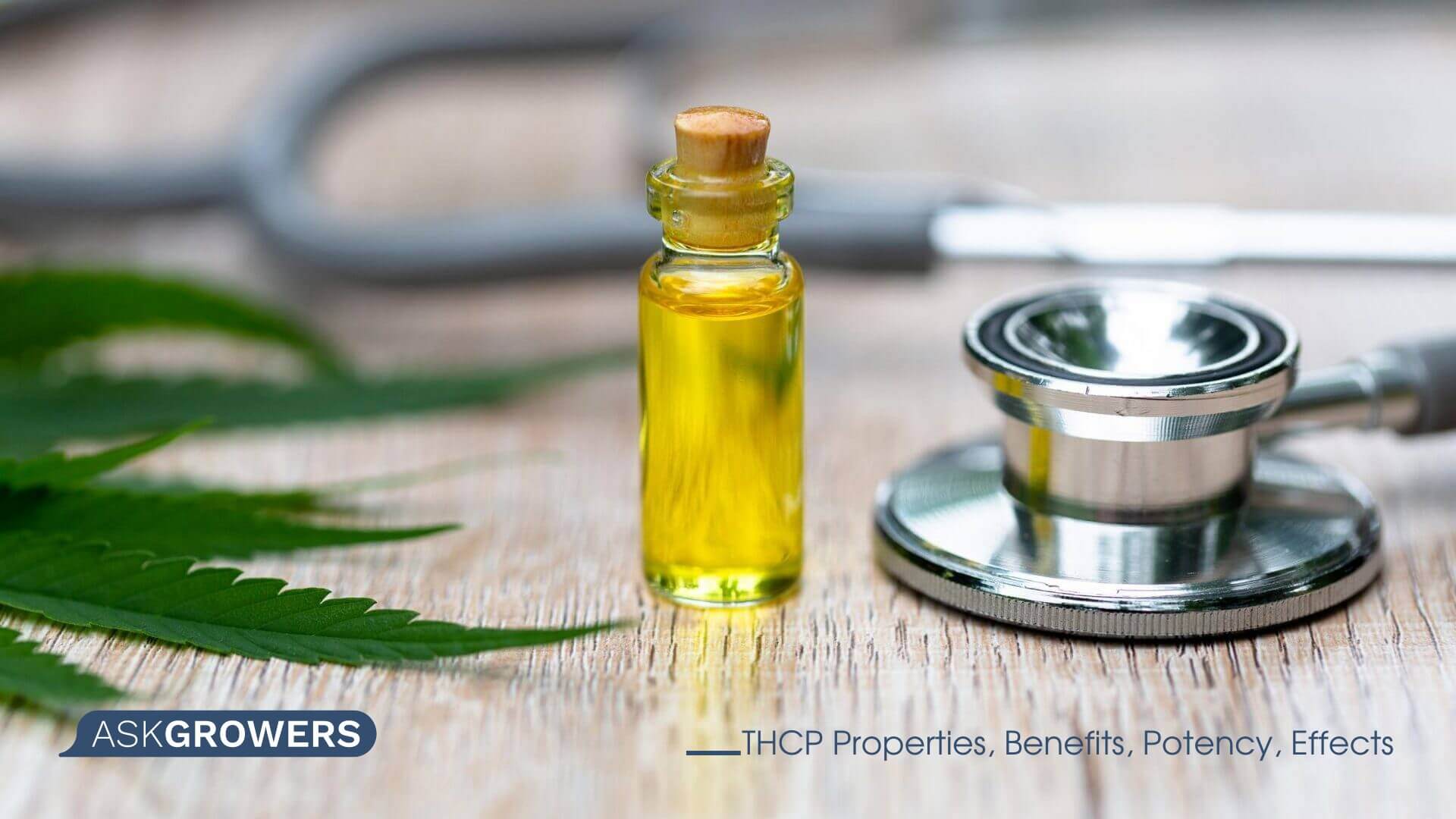
THC-P Effects
Even though it has only just been discovered, THC-P is already being hailed as a remarkably potent compound that could offer an even stronger high than our old friend delta-9-tetrahydrocannabinol (THC), the compound most commonly associated with cannabis' intoxicating effects. THC-P is a more potent variant of THC, the most well-known chemical in cannabis. THC is responsible for the euphoric effects associated with using marijuana. But some users are looking for something even more substantial to get them high. That's where THCP high comes in — it can have up to five times as much psychoactive power as regular THC!
THC-P vs. Delta 9 and Other Cannabinoids
THCP belongs to the family of “tetrahydrocannabinols,” which includes delta-8, delta-9, delta-10, THCV, THCO, and HHC. However, unlike these variations, THC-P has significant features.
First and foremost, THCP is a natural compound — it's not a synthetic one. And that's a good thing because it's also more potent than other members of this family. And it’s also a pretty active one even before you consume it and it enters your body.
How strong is THC-P? Studies have shown that THCP can be up to over ten times more potent than THC. It also doesn't cause any significant visual distortions or other side effects that you might get from other cannabinoids (like THC-O.) As well as other members of this family, it is not highly recommended for newbies. But if you're looking for an intense, focused experience without the tension that often comes with getting high, this might be the right choice for you!
Read Also: What Is THC Or Tetrahydrocannabinol?
Adverse Effects and Precautions
Since this is a new cannabinoid and long-term side effects have yet to be adequately recorded, it's hard to know with certainty what the short-term side effects might be. Still, people who have tried THCP reported, besides typical side effects such as the dry mouth and red eyes, the following adverse experiences:
- Anxiousness
- Self-consciousness
- Sleepiness
- Fatigue
- Alertness
- Nausea.
Those who consume cannabis should be aware that the effects of each new cannabinoid might differ from the effects of those they already know well. The significant strength of this cannabinoid means users should take it slow to get the applicable psychoactive effects. So be careful while trying THCP for the first time. It is preferable to start with micro-dozing, which is a universal precautionary method.
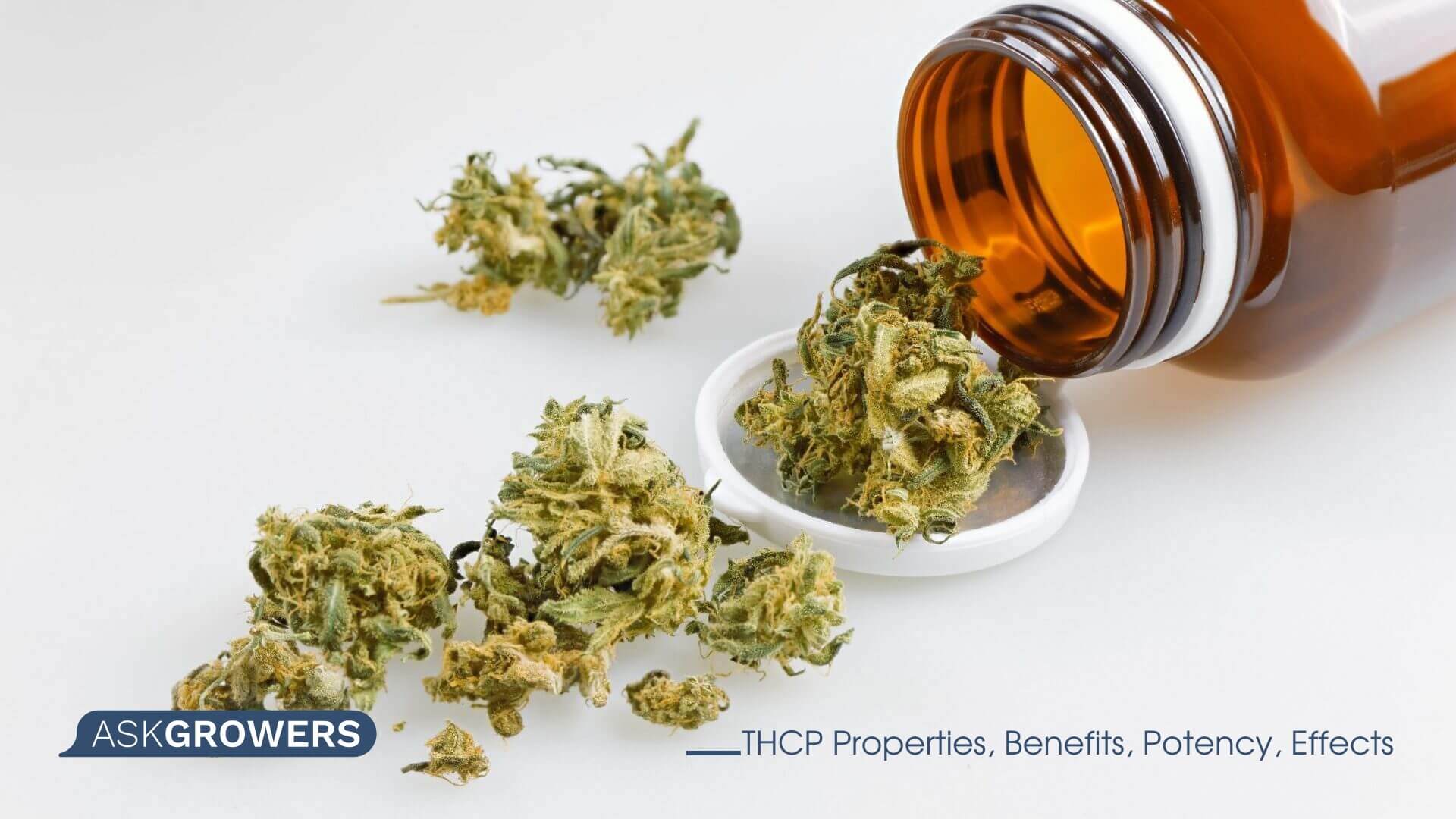
What THC-P Products Out There
As of now, due to the lack of research on the substance, only a few CBD brands stock and sell THCP-labeled products. However, THC-P comes in many forms, just like other cannabinoids. Most commonly available in cartridges for vaping. However, just like any other cannabinoid, it is also available in tinctures, tablets, lotions, salves, and edibles (such as THCP gummies.)
However, you need to keep in mind that the market for this compound is growing fast, with an extensive range of psychoactive marijuana imitations available that are legal in some states and nations. However, there aren't many suppliers making THCP at the moment.
Is It Legal?
The legality of THC-P varies from state to state because of conflicting federal legislation that protects both hemp and marijuana. Because of its unique nature — it's not just a derivative of THC — the federal government has protected it from being considered illegal under the CSA (Controlled Substances Act.) In other words, THC-P is federally protected. However, since some states have made it illegal, it still may be hard to get your hands on unless you're in a state where it's legal or have a prescription.
The good news is that only some of the states made THCP illegal. Here is the list of those states:
- Alaska
- Arizona
- Arkansas
- Colorado
- Delaware
- Idaho
- Iowa
- Mississippi
- Montana
- Nevada
- New York
- North Dakota
- Rhode Island
- Utah
- Vermont
- Washington.
Conclusion
So, what is THC P? That's a lot of information to take in, but don't worry! We've broken it down into four critical points for you. First, THC-P is a newly discovered compound that can be found in the cannabis plant. Second, THC-P has been shown to have similar properties as THC (the psychoactive ingredient in marijuana.) Thirdly, this new cannabinoid is believed to have anti-inflammatory properties, which could make it worthwhile when treating diseases like cancer and arthritis. Finally — and most importantly — THC-P may be more potent than THC itself!
Read Also: Everything You Need to Know About 11-Hydroxy THC

 Guides
Guides
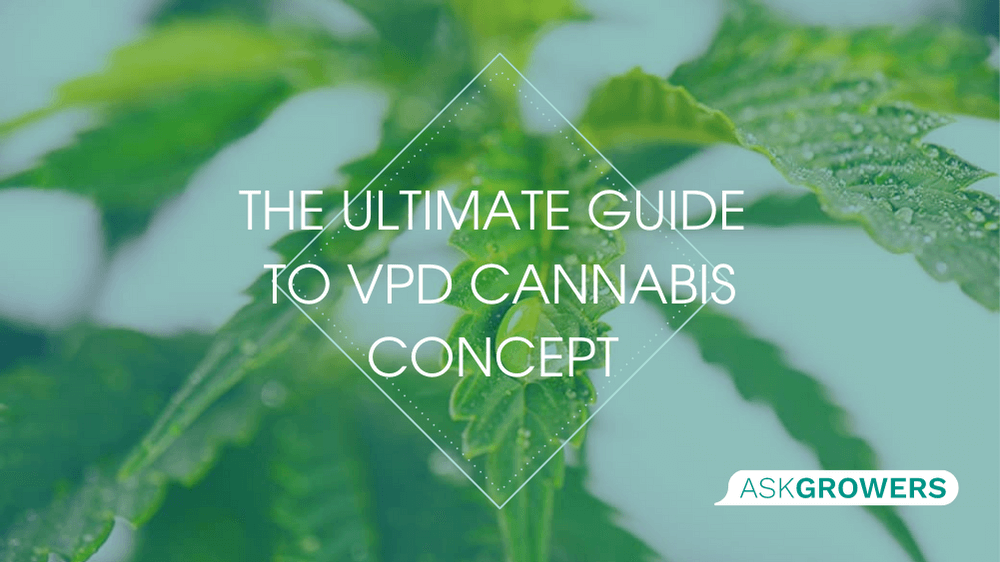
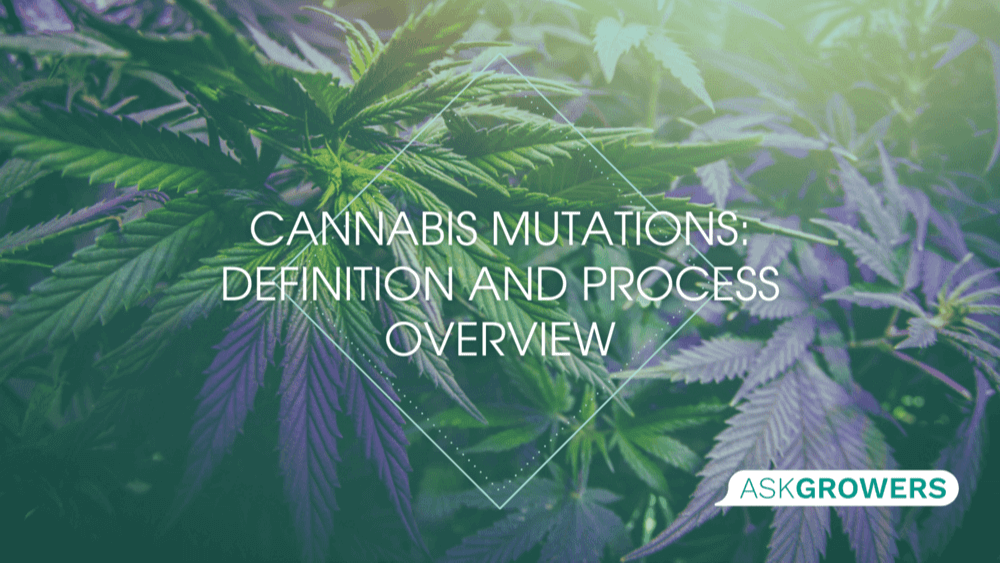
.png)
.png)
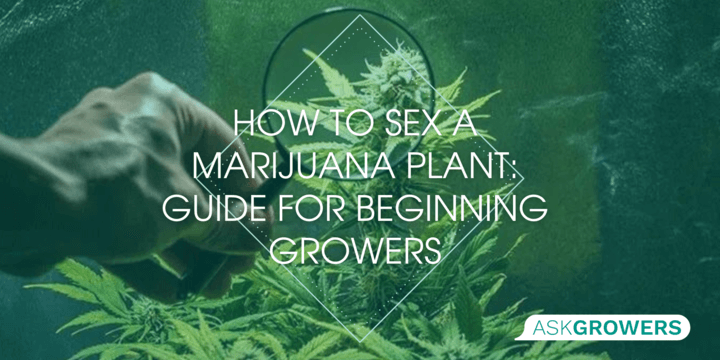
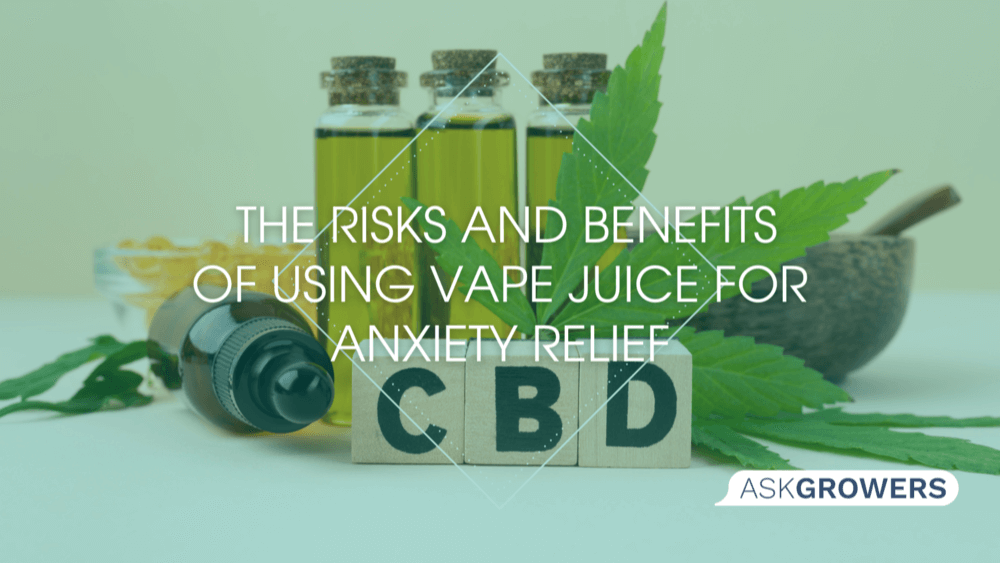
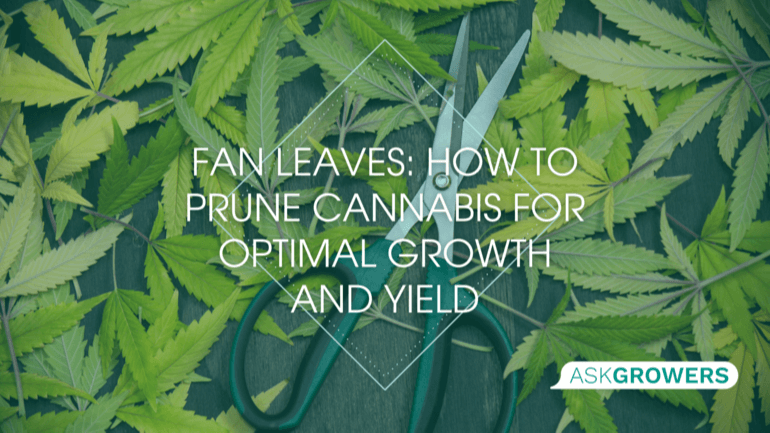
 (1).png)
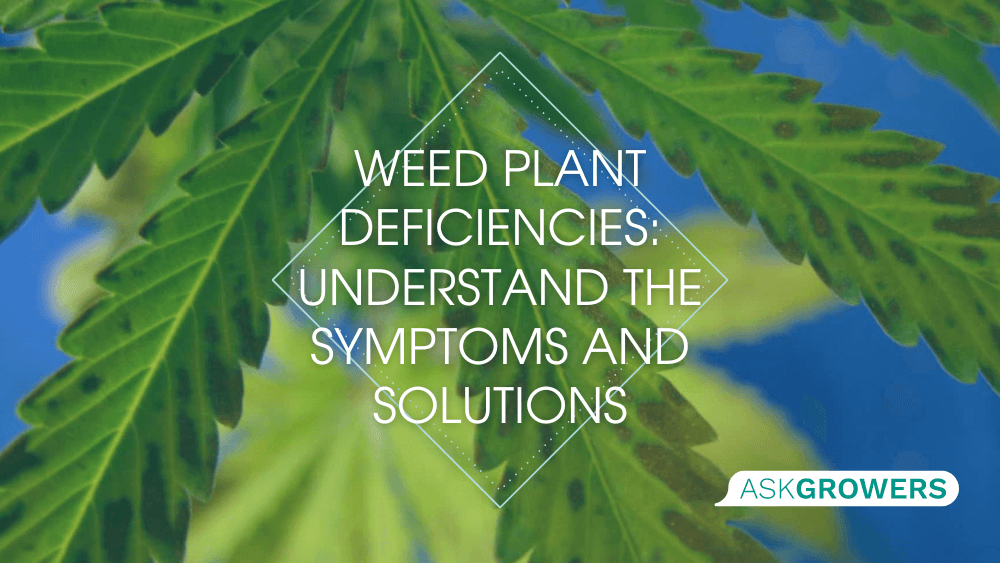
.jpg)
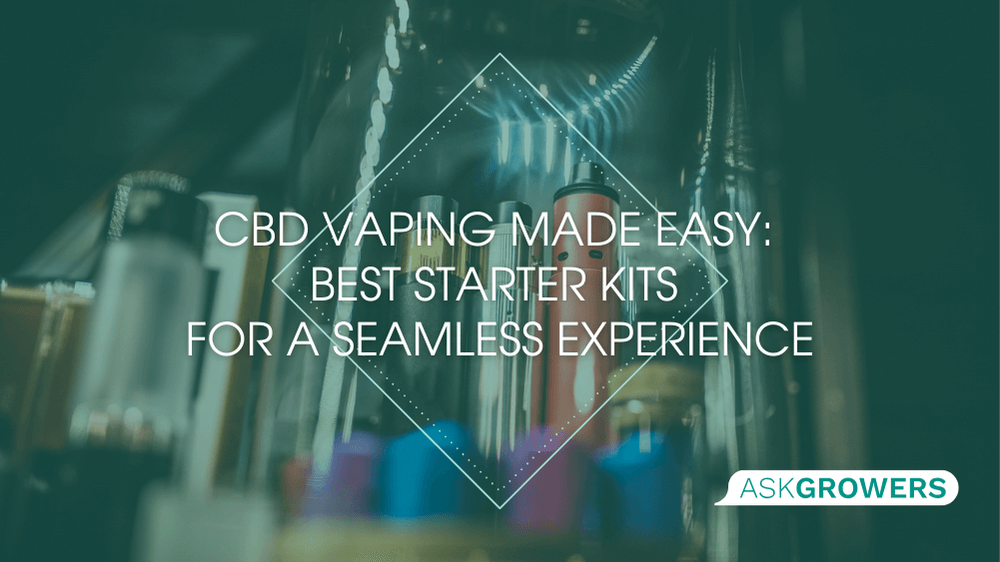
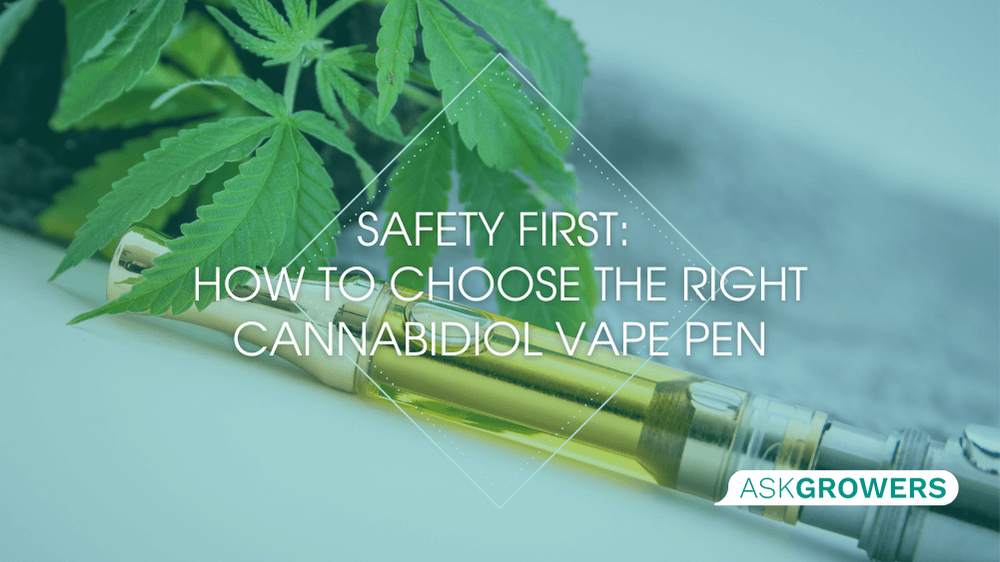
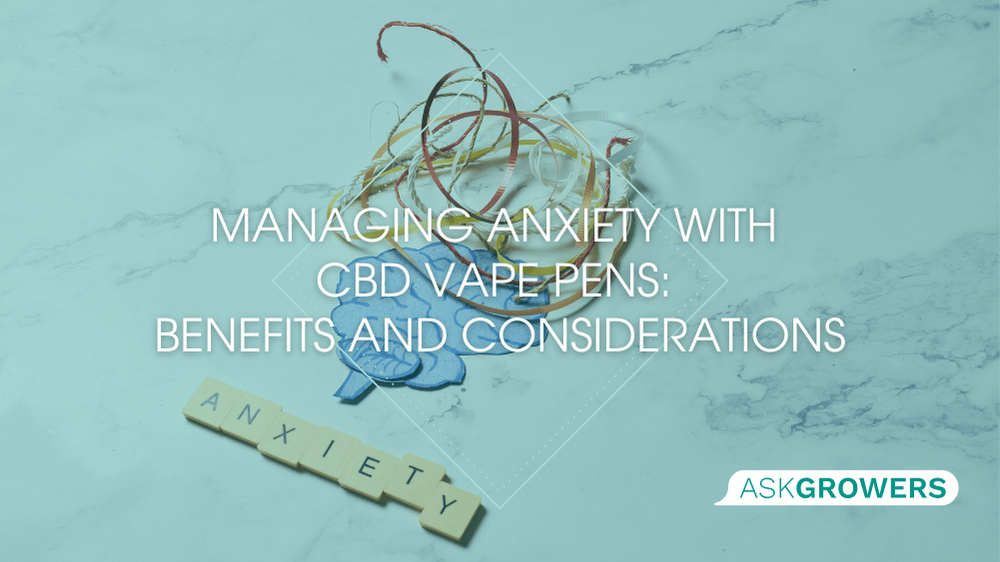
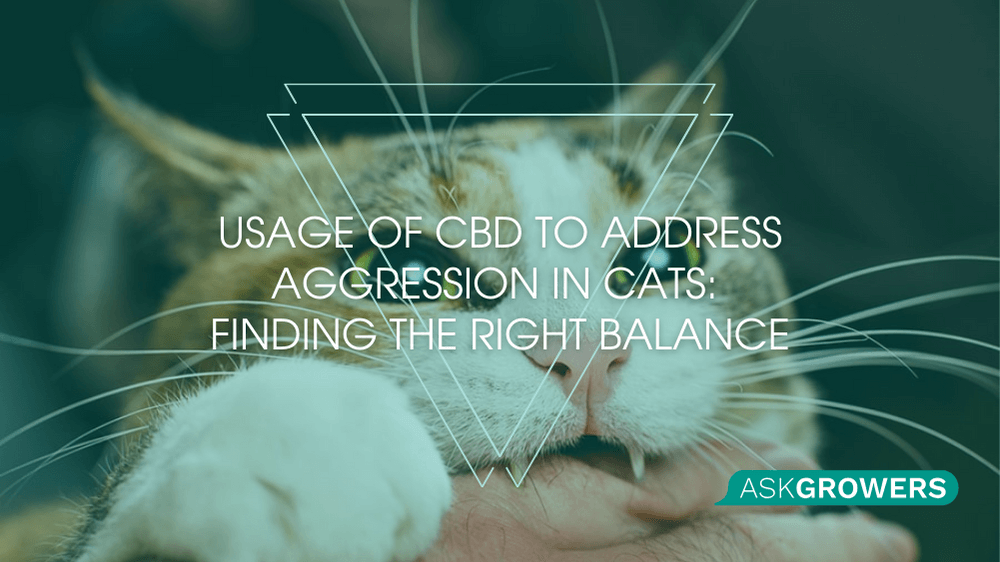
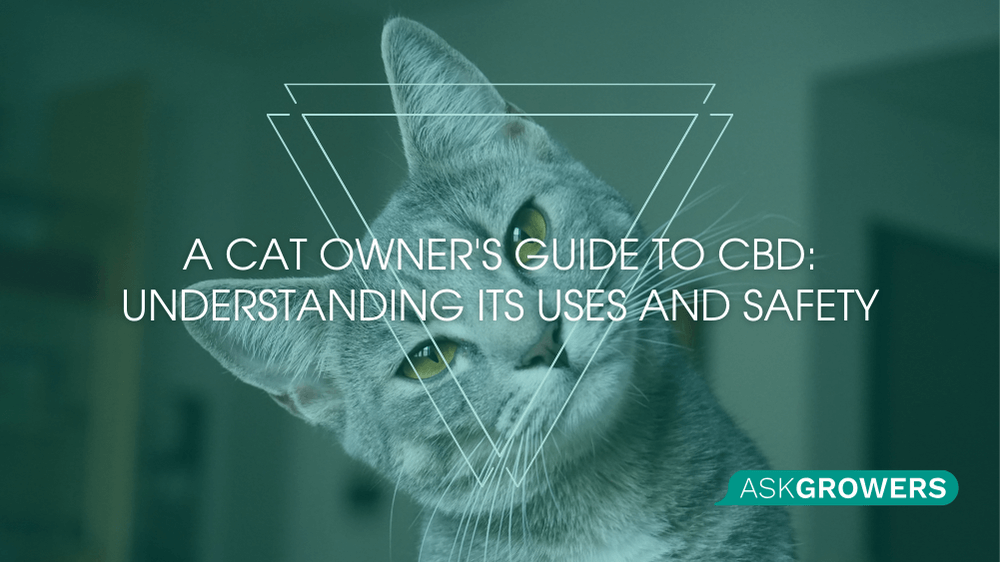
Be the first and share your opinion
Write a Review